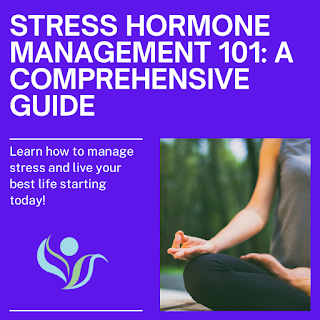Is Your Digestion Working Optimally?

By Wendy Romig, DCN
Digestion is one of the most critical functions in the body when it comes to our overall health. From the moment food enters our mouth, until the time that it is either absorbed or excreted, vital biochemical processes are taking place enabling us to receive essential nutrients required for life. Our biological and life-sustaining systems are quite intricate, but understanding some basics can be beneficial for health.
Basic Overview of Digestion
Contrary to common belief, digestion actually begins in the brain not the mouth. From the moment we think about food, see it or smell it, our body begins releasing enzymes for digestion. Then, when food actually enters the mouth, our teeth mash up the food while enzymes initiate the break-down of carbohydrates and fats.
As food enters the stomach, digestive juices, hydrochloric acid and proteolytic enzymes (which breakdown proteins) are released to continue the processing. The stomach then slowly empties its contents into the upper portion of the small intestine where it is met by enzymes released from the gall bladder and walls of the intestines. Another important substance released by the gall bladder into the small intestines is bile, which emulsifies fats for absorption. All nutrients are absorbed in the small intestine and transported to other systems of the body via the blood or lymphatic systems. Any fiber that was not broken down, continues on through the digestive tract and enters into the large intestine for fermentation and creation of our gut microbiota, Vitamin K and biotin. What is unused, is excreted in feces.
Where Things Go Wrong
Poor digestion can actually begin in the mouth, especially for those who do not chew their food sufficiently. Under-chewed food enters into the stomach for continued breakdown but when large chunks are present, they are often not broken down properly into their micro-nutrient (vitamins and minerals) and macro-nutrient (carbohydrate, fats and proteins) parts. It is recommended to chew food until it feels completely mashed up in the mouth (around 50 chews according to well-known Integrative Medicine expert Dr. Joseph Mercola).
Another area of digestive weakness is insufficient stomach acid. As we age, our bodies tend to produce less hydrochloric acid, which is essential for several functions: 1) breaking down food, 2) killing bacteria and pathogens, 3) activating the protein enzymes, 4) activating the carrier for B12, 5) activating the release of enzymes in the small intestines. While we know that too much stomach acid is dangerous, too little can interfere with major processes.
The next place people with digestive problems commonly experience issues is in the intestines in the form of inflammation. Inflammation results in gut tissue that has been irritated by foods not well tolerated, medications, stress, bacterial overgrowth and other aggravants. Inflammation can cause conditions like irritable bowel, intestinal hyperpermeability (‘leaky gut’) and nutrient malabsorption.
Lastly, we hear a lot about making sure we have enough of the ‘good’ bacteria in our bodies. This is true and while our large intestines manufacture a large portion of our gut microbiota, those who have taken anti-biotics may be chronically low.
Common Symptoms of Poor Digestion
There are a whole host of health problems that can arise from digestive problems and nutrient malabsorption; the list grows by the year. Common primary symptoms of compromised digestion include but are not limited to acid reflux, bloating, constipation, diarrhea, bad breath and gas. Secondary symptoms can include fatigue, muscle weakness, nutrient deficiencies, depression (there are multiple studies linking gut health and depression) and weight problems. It is important to address digestive issues to promote good health and prevent other more serious health problems.
The good news is that there are natural options for getting digestion back on track including nutritional changes, supplements and herbal medicine. Consult your local health practitioner for guidance.
This article offers only a brief overview of digestion and its potential pathologies. If you are interested in learning more, there are several reputable resources including Dr. Mercola’s website, The National Institute of Health’s PubMed directory (for scientific studies) and the Townsend Letter.
Happy digesting!


Nice overview! Thank you :)
ReplyDelete